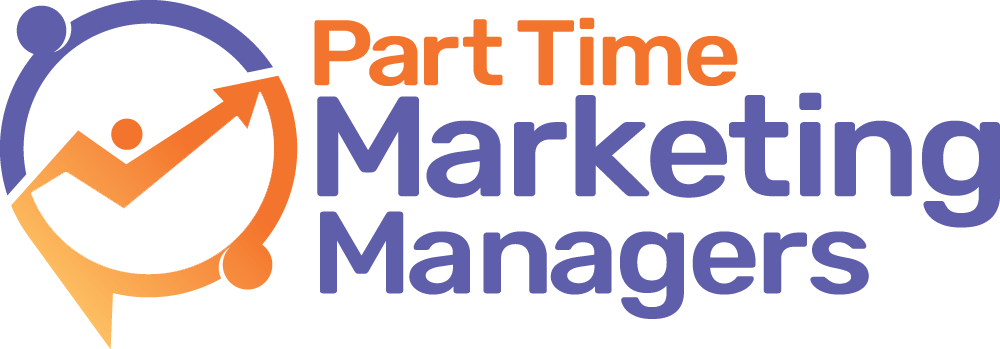This is a costly mistake as the “know, like, trust” principle is foundational to a solid marketing plan and is the journey upon which consumers embark in order to get to know you and your brand; a basis on which consumers rate your brand’s personal value to them.
Consumers want to know the commonality between themselves and your brand.
They want a relational experience via relevant background information, compelling graphics and clear, intentional communication regarding your product or service and whom you serve. Every element of your brand should offer clear opportunities for consumers to decide whether you are a good fit for them. Your services and products, the benefits to consumers, client interaction and fee structures should be clearly presented under full recognition that consumers are naturally skeptical. The more upfront and transparent your brand, the more it will appeal to consumers who would otherwise make inaccurate assumptions due to lack of clarity. Share your knowledge and expertise liberally and helpfully; in a way which helps customers succeed. Once they endeavor to know your brand, they will naturally flock to social media to learn more about your product or service.


Get Specific
Your likeability will be established based on the level of appeal you offer, which means you MUST know:
- Your Audience: Demographics, location, income, etc.
- Their Values: What do they stand for? For what or whom are they willing to sacrifice? What motivates them?
- Their Fears: What drives them away? What keeps them awake at night? What are their concerns?
- Their Needs: What are their tangible and intangible needs? What must they have in order to be happy? What must they have above all else?
- Their Lingo: this does not mean you speak cultural slang. “Lingo” refers to phrasing your message in a way that makes our audience feel comfortable and good about themselves.
- Their Personality: Is your audience sentimental? Do they appreciate the humor? Understanding the personality of your target audience is the key to ensuring you present a likable brand. You must draw nigh to them if you expect them to draw nigh to you.

Knowing does not equal liking. Your brand must make consumers feel good in order for them to like you.
Your brand must evoke positive thoughts and energy regarding your products or services and you must be in touch with consumer feelings in order to achieve an optimal design that easily manipulates the way your audience feels about you. All information must collectively solicit feelings of happiness, warmth, and excitement and no one does this better than Starbucks.
One starts to shiver while simply viewing this Starbucks promotional graphic. Feelings of deep warmth begin to creep in, evoked by the cozy scarf wrapped snugly around a piping hot cup of sweet, caffeinated joy. Festive lights bring memories of happy holiday moments with loved ones and consumers begin to feel good about themselves as they quickly run to the nearest Starbucks to seal the deal. The brilliantly designed photo makes consumers feel happy, excited, related to and motivated to purchase; a total manipulation of consumer emotions. Who doesn’t like a brand which consistently makes them feel good about themselves? Consumers connect with authenticity and Starbucks effectively communicates authentic hospitality via warm, personal marketing tactics making consumers feel as though they can handle whatever life throws at them… as long as they have Starbucks.
Sustained responsiveness builds customer brand commitment. Consumers are most attracted to companies which are easy to reach and responsive. This means they take customer questions and concerns seriously while valuing their time. Responding to calls, emails, DM’s, PM’s and word-of-mouth inquiries is one of the surest ways to attract loyal customers. Acknowledgement of social media comments is also a brilliant tactic and entrepreneurs are wise to understand the importance of thorough, timely communication. Each customer should feel as if they are the only and most important customer. Acknowledgement as such will ensure they don’t forget you or your brand.
Trust is paramount to all business relationships and your brand must establish credibility, reliability and capability, reflecting values matching those of your consumers. One of the most effective ways in which to achieve this is to “be there” time and time again when consumers need your expertise and insight in addressing concerns and meeting their needs. Never underestimate the impact of simple brand presence and availability. Consumers will soon become converts who consider you indispensable. Furthermore, your social media platforms must consistently offer proof of brand dependability via testimonials, brand quotes, media highlights and visual examples. Social media sends strong, far reaching signals to consumers that others trust your brand, therefore they should, too. In addition, email contact should be consistent, sequentially nurturing the know-like-trust principle as consumers become acclimated to your brand, primed to do business with you. Once they trust you, they are ready to buy from you, recommending your business to others as they eagerly share your content, purchasing from you again and again.
Summary:
The “know, like, trust” factor is the foundation for transforming customers into converts. Apart from this basic principle, there is no hope of consistent sales, consumer loyalty, new converts or sustaining a brand. Businesses grow and flourish when they are trusted. Converts are all too willing to recommend trusted brands, priding themselves on being “in the know”. The result: far-reaching free advertising more powerful than the strongest marketing campaign paired with profitable, long-term consumer relationships guaranteeing repeat business. It will always be less expensive to sell repeatedly to the same customers than to attract and convert new leads.



